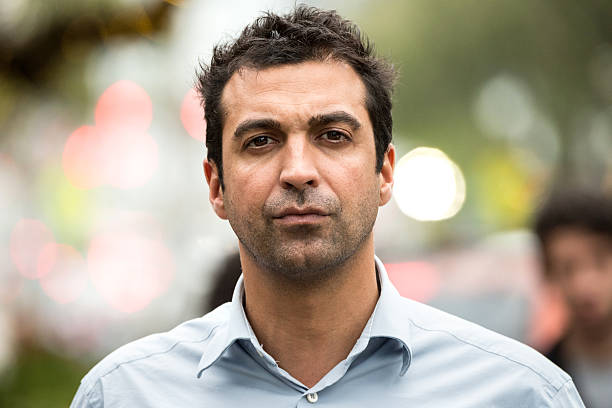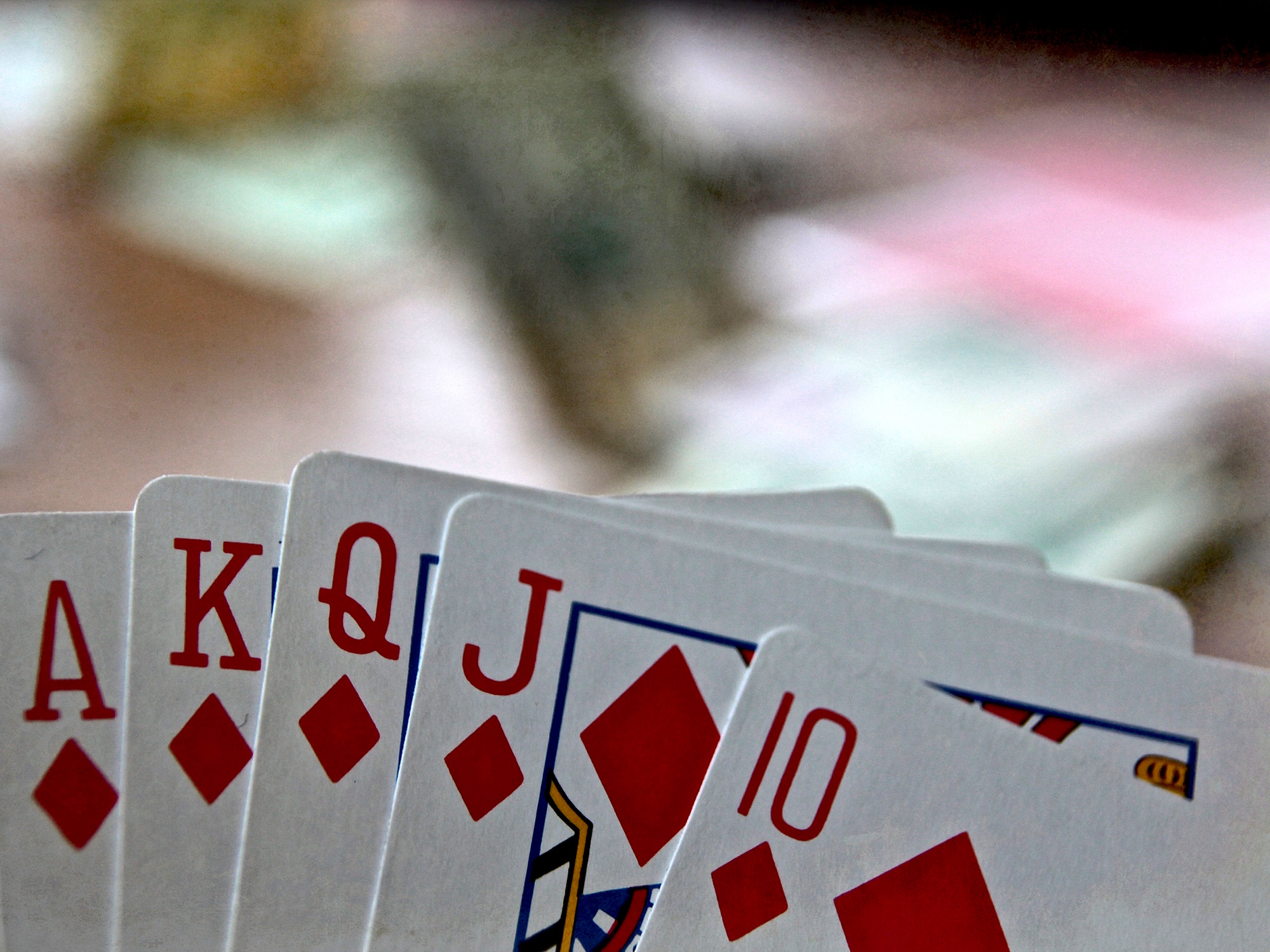Poker is not a form of investment. It should not be thought of as such, and people should not play expecting to make money. If you play with real money on the line at all, in fact, it’s best to make sure you only wager amounts you don’t mind losing.
With all of the said however, poker can be instructive for investors. While it is in and of itself a game, and one with strong elements of chance, poker involves a number of conditions and strategies that tend to be valuable to investors as well. So long as you approach it as a hobby, a few aspects of the game in particular might just make you a smarter investor.
Learning to Assess Services
In our ‘3 Things to Do Before Investing’ post, the first thing we mentioned was the need to “ensure the reliability of the investing service.” This is a vital step all new investors need to take, so as to be sure they’re trusting their funds and activity with professional, reliable platforms. It’s a simple idea, but one poker players become quite comfortable with as well.
Particularly when playing with real money at stake, it’s important to assess the quality and legitimacy of a gaming platform, so as to avoid issues. The care and vigilance of this process get instilled pretty quickly, meaning some poker players may be more naturally inclined to do proper assessments of stock trading services.
Learning How to Manage Bankroll
When investing, it’s generally important to have enough money at stake to make a difference — as well as enough in your portfolio to continue investing if a single trade goes poorly. This is pretty much an exact strategy people learn in poker. As a guide to winning on Poker.org put it, “it takes a lot of money to make a lot of money” in the game, and people should handle their bankrolls accordingly.
Putting in just a bit of money gives a player less opportunity to win big, and makes it more likely that a single bad game will end his or her gaming venture. Instead, players learn to start playing with budgets large enough to put to real use. In some cases this is likely to make people with poker experience more comfortable with managing “bankrolls” for investment.
Handling Your Emotions
The tip to “invest without emotion” is a pretty common one. But not everyone realizes how common the actual practice of emotional investing is. While there’s no precise way to measure something like this, a report at CNBC.com recently revealed that two thirds of investors “regret emotional, impulsive investing decisions.”

In other words, a significant majority of investors feel they’ve been hurt by acting with too much emotion!
Better than most any activity we can think of, poker actually teaches the kind of calm, stoic approach to decision-making that can save an investor from this fate.
One learns very quickly at a poker table that getting too excited to win or too afraid to lose impacts play negatively. Over time, players develop rock-steady approaches so as to stay focused on what’s happening in the present and how they can leverage it for gains. It’s certainly a good skill to pick up for anyone looking to get into investing.
Spreading Out Investment
In addition to investing without emotion, diversifying holdings is another very common tip. It’s also another one that will be quite natural for poker players. Strategic players today understand that to increase their overall chances at net gains, they have to play in a lot of different games — sometimes incorporating different styles, different buy-ins, etc.
This way if things go poorly at one table, activity at the others can make up for it. By contrast, there’s no sense in throwing a whole bankroll at a single game or tournament. Granted, diversifying in the stock market is more complex.
There’s a lot more variety between ventures, and as Entrepreneur explained in helpful detail, there are also factors like research, alternative market consideration, and so on that go into market diversification. The fundamental strategy, however, is not unlike what poker players tend to pick up through their activity.
None of this changes the fact that poker itself is not an investment. For those looking to hone some general investment skills though, it can be a helpful and informative side hobby.
